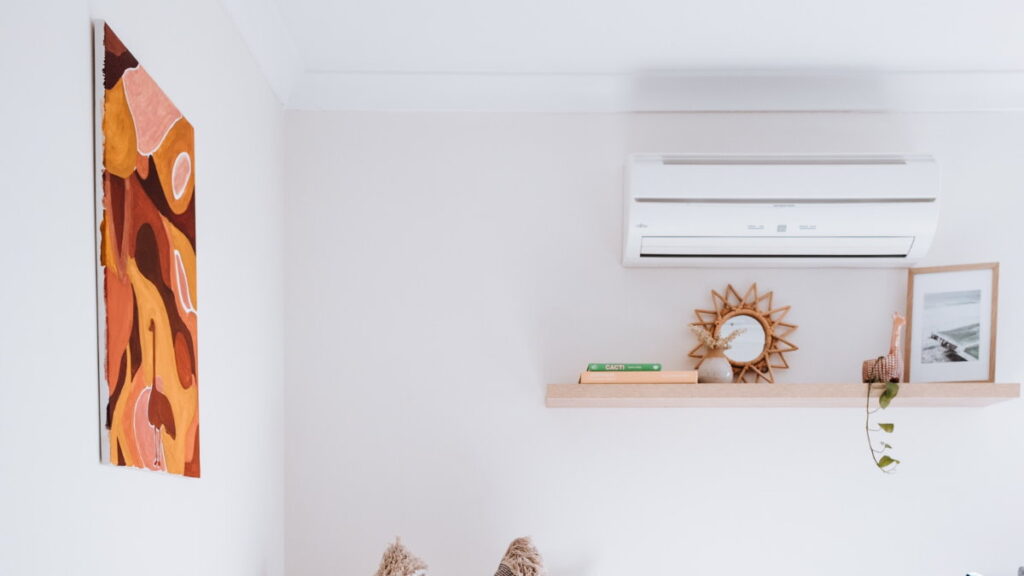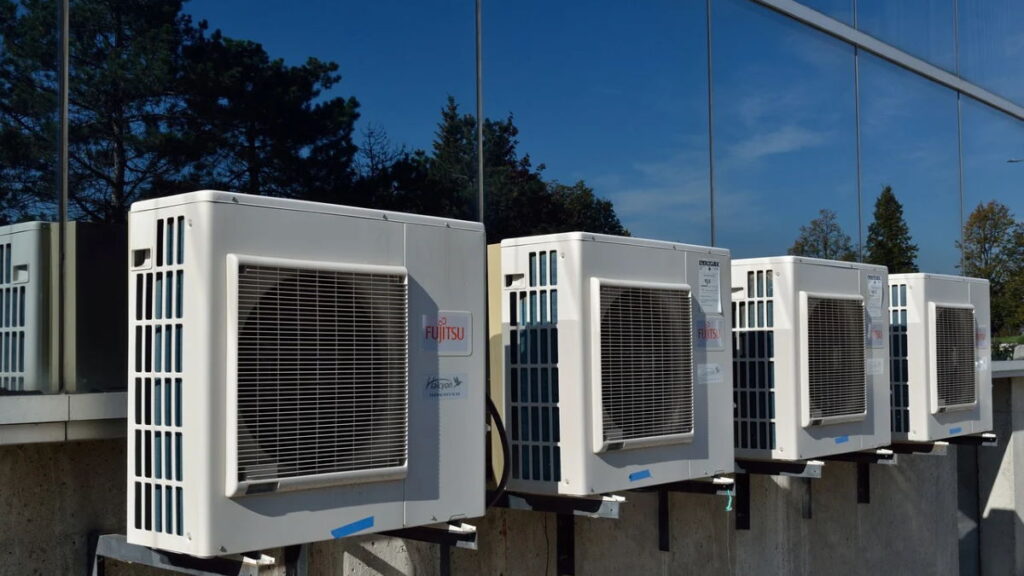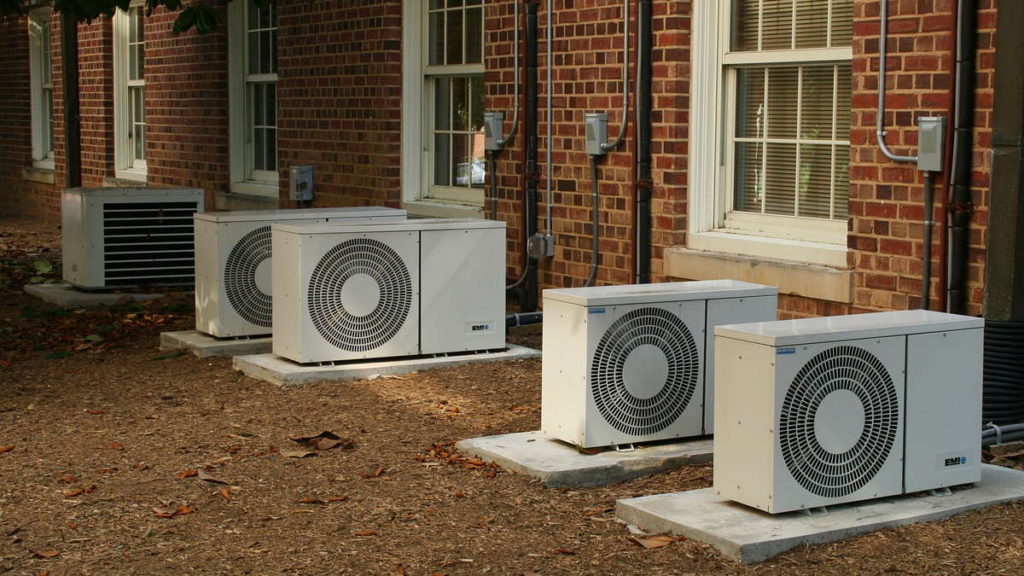An air conditioner not working is one of the worst things you can face. This is especially true for those living in hot and humid conditions or having an enclosed space that does not receive proper ventilation.
For offices, data centers and other commercial spaces where air conditioners are not just a luxury but an absolute necessity, malfunctioning ACs are a nightmare.
We have spoken before on how to increase the life of your HVAC unit on Thrive. Yet, even with our best efforts, things can go wrong and you are faced with emergency air conditioner repairs.
I am listing below some of the common issues that usually go wrong in air conditioners. This is not just with the intention of you taking care of your essential machine, it is so that you can quickly diagnose and get your air conditioner repaired at the earliest.
You need to keep in mind though that these are the more common issues people face with their ACs. This is by no means an exhaustive list and there are a number of other issues that can easily crop up in an air conditioning system.
Dirty or Clogged Air Filters
This is by far the most common issue people face when it comes to ACs. Overtime, the air filters in your air conditioners starts to accumulate dust and various other kinds of substances.
It is not just the air filters that get clogged due to foreign substances. Your AC pipes, ducts etc. all get clogged with regular usage.
The first thing that the AC annual maintenance contracts cover is regular cleaning of air filters and other parts. This is because, dust and other particles accumulation leads to the most number of AC malfunctions.
Hence if you feel that your air conditioner is not cooling as before or you find droplets of water leaking from the front unit, then it is most probably an air filter issue.
Dirty air filters can actually lead to your HVAC unit causing more harm in your home as well as office.
Gas Leakage
Split air conditioning units have a gas system that needs to maintain a certain pressure for the AC to cool an area effectively.
Overtime, there can be gas leakages that lead to depletion of the optimum levels needed for cooling. It could also be that the gas is simply used up if not refilled in a long time.
Hence, if your air conditioner is working properly and the issue is that it is not cooling properly, it can be a gas issue.
Unlike clogged air filters, if it is indeed a gas issue, then you will find you’re AC does not cool at all or the cooling is rapidly slowing down over a number of days of usage.
Severe gas leakage will lead to you’re AC not cooling at all.
AC Circuit Issues
The entire circuit system inside your air conditioner is essential for proper communication between the outdoor and indoor units of your AC.
It is also necessary for proper inputs from the AC remote or control system to the mechanical units of the machine.
Circuit issues can lead to malfunctions as the AC does not know how to communicate between each of its parts. It will also cause a problem for the AC to understand inputs from the user such as yourself.
Voltage Issues
While most modern day HVAC units do have voltage stabilizers, there are times when issues crop up in your air conditioner.
Voltage fluctuations in your home due to whatever reason can be a cause for your air conditioner and other machines to malfunction
Broken or Faulty Blower
Your air conditioner will have a blower or a fan in the indoor unit that is essential for cool air to blow out of the AC.
There are times when this blower stops rotating or parts of it become non-functional. In this case, even though you’re AC is actually working properly, it is because of the blower fan that your air conditioner does not cool effectively.
Broken or faulty blowers are a common issue faced in ACs and can be diagnosed quickly by any qualified technician.
Final thoughts
Even though I have mentioned it above, it is important to reiterate that the above given list of issues are not an exhaustive list. There are a number of other issues that can occur such as thermostat issues, coils and wiring problems.
If your air conditioner is not cooling effectively, you may first try to clean the air filters or get your gas levels checked. If even after that you find there are problems, it is best to get it diagnosed by qualified professionals.




